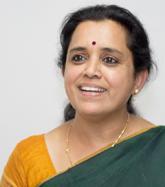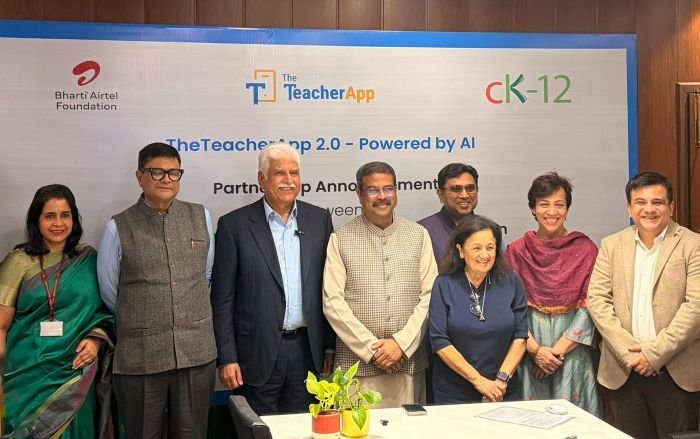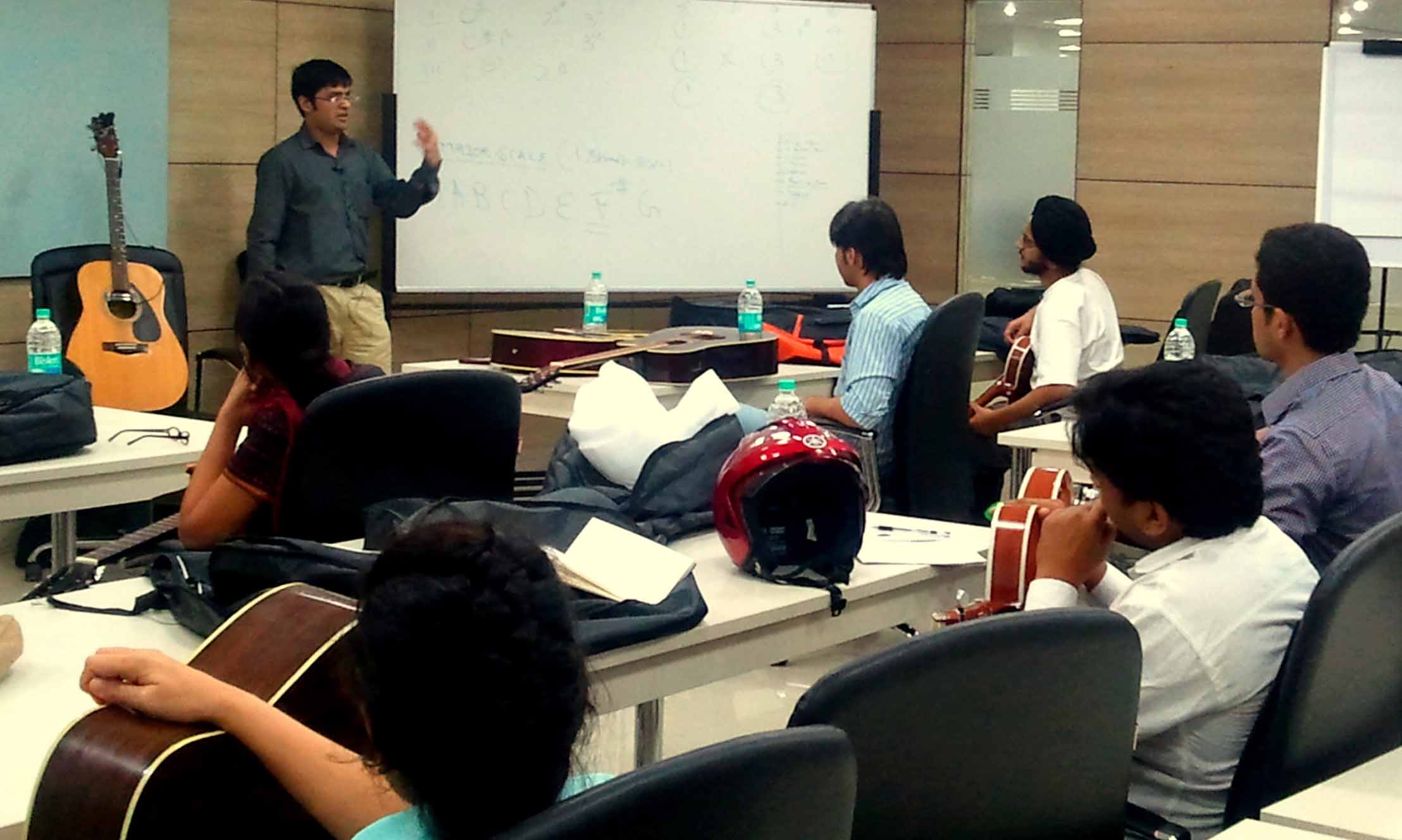
The Tata Institute of Social Sciences (TISS) a deemed university, established in 1936 as the Sir Dorabji Tata Graduate School of Social Work is today India’s premier institution in social sciences with campuses in . Mumbai, Tuljapur, Hyderabad and Guwahati. Prof Lakshmi Lingam, Deputy Director of the Hyderabad campus , replied to a set of questions from Curriculum Magazine
 Briefly, tell us about some of the thrust areas of TISS Hyderabad from a student point of view?
Briefly, tell us about some of the thrust areas of TISS Hyderabad from a student point of view?
TISS Hyderabad has several applied social sciences programmes. These programs provide theoretical grounding and skills in various practice areas like Rural Development, Public Policy, Development Studies, Education, Women’s Studies and Natural Resources Governance.
In recent times, a lot of emphasis has been laid liberal arts. People are talking about interdisciplinary learning. Where do social sciences fit?
Liberal Arts programmes broaden the horizons of young minds. Students will learn to see the interlinkages of various aspects of our lives and to the understand how various social sciences disciplines contribute to the understanding of society, economy, polity and culture from multiple vantage points. Several new avenues for employment in current times build on social sciences disciplines and the insights that they give.
TISS has added a school of vocational education last year. What was the thought behind it and how is it being modeled to make skilling work given he bad track record India has in vocational education & training (VET)?
Pursuing higher education can be goal in itself since acquiring knowledge is a value in itself. However, acquiring degrees is also for the purpose of finding a job, a career and livelihood. Several academic programmes are barely able to equip young people with any employable skills. Through the interventions and initiatives in the domain of skills, we are keen on building foundation understanding of various subjects like Financial Literacy, English language & communication, Gender sensitivity, Computer Literacy and vocation skill in a chosen trade. The idea is to build employable skills among youth while they are undergoing their Bachelors degree.
TISS is part of a few consortiums where several universities have come together both at international level and national level. Could you please share a few important outcomes from these engagements?
TISS Hyderabad has collaborations with LSE, UK; Washington University, St. Louis and Keele University, UK. Post Graduate, undergraduate and PhD students have traveled to UK on exchange programmes. Under the Erasmus Mundus programme of the European Union, several students have gone to Universities in Sweden to study for a semester and two. Efforts are on to build joint academic programmes and also have online global classrooms.
TISS is acknowledged in leadership, excellence and collaborative research. Lot of upcoming or even established institutions naturally aspire for it. What are some important good practices and also, is there a way they can benefit directly from TISS by way of some association?
Best institutions are known for their standards in teaching and research, the work culture and broader environment that they create for enabling learning. TISS ranks very high on all these counts. The open and democratic class rooms and institutional spaces nurture amazing life experience for students which they will cherish their life time.
There is a raging national debate on why spending on education by government is not increasing to say 6% of GDP. The primacy of education in national socio-economic development is not getting recognized in our development narrative. Your observations.
Education in general and higher education in particular has to be nurtured with substantive funding from the Government. However, Universities are facing major financial constraints due to cut back in allocations, non-approval of Faculty positions and huge delays in release of grants. This in turn has implications to the way Universities are operating and campuses are being maintained. Decline in the overall standards of Universities will lead to an overall decline in the human resources capabilities and potential of the country. The growth of private Universities is welcome but these Universities operate on the basis of market demand for various disciplines and do not necessarily adhere to the question of affirmative action on campuses. So they lack diversity on the campuses. Funding to higher education instates can also come through the CSR route. However, several corporates want to start their own initiatives or start their own institutes, so they do not route their funds to much deserving institutes.






